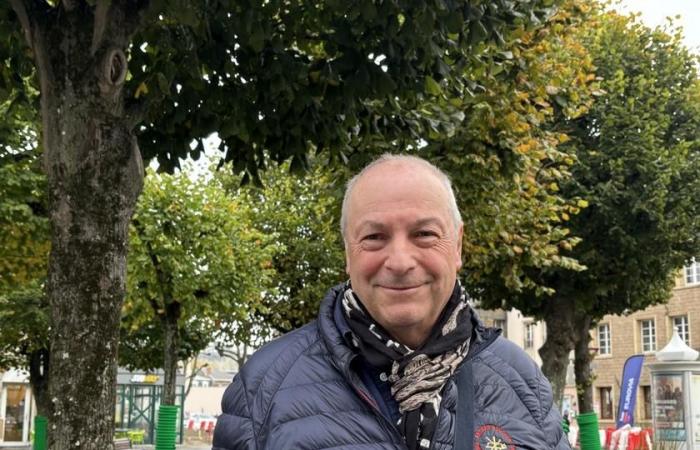Michel Lemoine, although retired since 2016, maintains a passion for meat. A member of the Hauts-de-Seine butchers’ federation, the department where he had his shop which employed a dozen people, he will be part of the jury members, for the first time, of the golden entrecôte competition. “ A real discovery “, he admits.
For this meat professional, a good steak must be ” sufficiently marbled, that it tastes of flowers, of terroir. There must be enough fat, melting fat. Tenderness would be 2e criterion or even 3e. It’s the flavor that is essential “, he confides. He will see around thirty pieces pass through, which he will judge both on the visual aspect (color, grain of meat and state of fattening) and the taste aspect (tenderness and flavor ).
This Norman native left for horse riding training in the Paris region. He worked 13 years in Rueil-Malmaison, 12 years in Neuilly-sur-Seine, a town where he was first an employee in the butcher’s shop of which he became the boss. In his career, he was used to serving a wealthy clientele, made up of politicians, but also athletes and actors. “ They wanted quality “, he remembers. If he worked with Limousine, Dordogne lamb… he also sold Wagyu” because customers asked me “, he says.
For Michel Lemoine, the butcher has a duty to value his entire animal. “ I didn’t buy pieces of meat but whole animals. It was around 3 to 4 animals, 3 calves, 15 to 20 lambs per week. It’s a job. And I am convinced that we remain butchers for life “, he concludes.
Belgium






